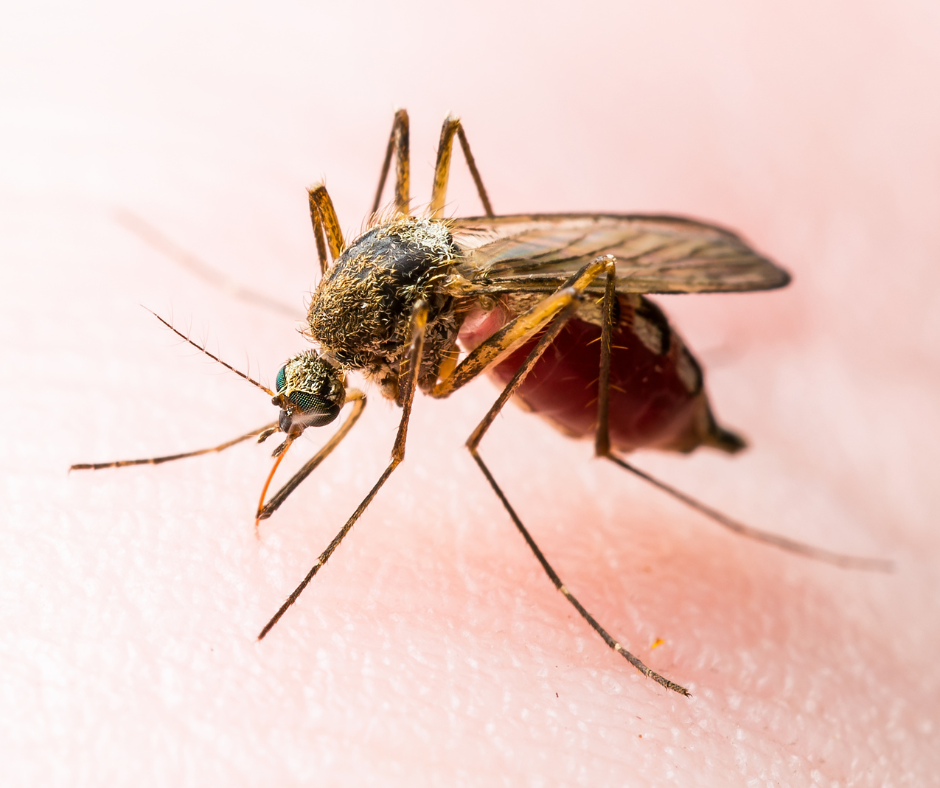DHAKA, November 17 – Bangladesh is grappling with its most severe dengue outbreak in years, as rising temperatures and prolonged monsoon rains, fueled by climate change, drive a surge in infections. Hospitals, especially in urban centers, are struggling to manage the overwhelming number of patients.
Official reports indicate that dengue-related complications have claimed at least 407 lives in 2024, with over 78,595 hospital admissions recorded nationwide. As of mid-November, 4,173 patients are receiving treatment, including 1,835 in the capital, Dhaka, and 2,338 in other regions.
Climate Change Accelerates Dengue Spread
“We’re seeing unusual monsoon-like rainfall in October,” said Kabirul Bashar, a zoology professor at Jahangirnagar University. “Shifting weather patterns due to climate change are creating ideal conditions for Aedes aegypti mosquitoes to thrive and spread the disease.”
Traditionally, dengue outbreaks are confined to the monsoon season, from June to September. However, this year, the outbreak has spilled beyond these months, exacerbated by rising temperatures and extended rains. Dense urban populations are further accelerating the disease’s spread.
The Toll on Healthcare
Bangladesh’s healthcare system is under immense strain as hospitals grapple with the surge in cases. Experts highlight that delays in seeking treatment, particularly in rural areas where access to specialized care is limited, are contributing to the growing death toll.
“Early diagnosis and proper treatment can reduce dengue fatalities to below 1%,” said renowned physician Dr. ABM Abdullah. However, he emphasized that prevention is critical, calling for public awareness and better infrastructure to combat the disease.
Calls for Action
Experts are urging year-round mosquito surveillance and tougher measures to eliminate stagnant water, which serves as breeding grounds for mosquitoes. Health officials are advocating for the use of mosquito repellents, bed nets, and other preventive steps.
Last year marked Bangladesh’s deadliest dengue outbreak, with 1,705 deaths and over 321,000 reported cases. The worsening trend underscores the urgent need for climate-resilient strategies and robust public health responses.
The crisis is a stark reminder of the interconnected challenges posed by climate change and public health, as Bangladesh struggles to adapt to an increasingly unpredictable environment.





